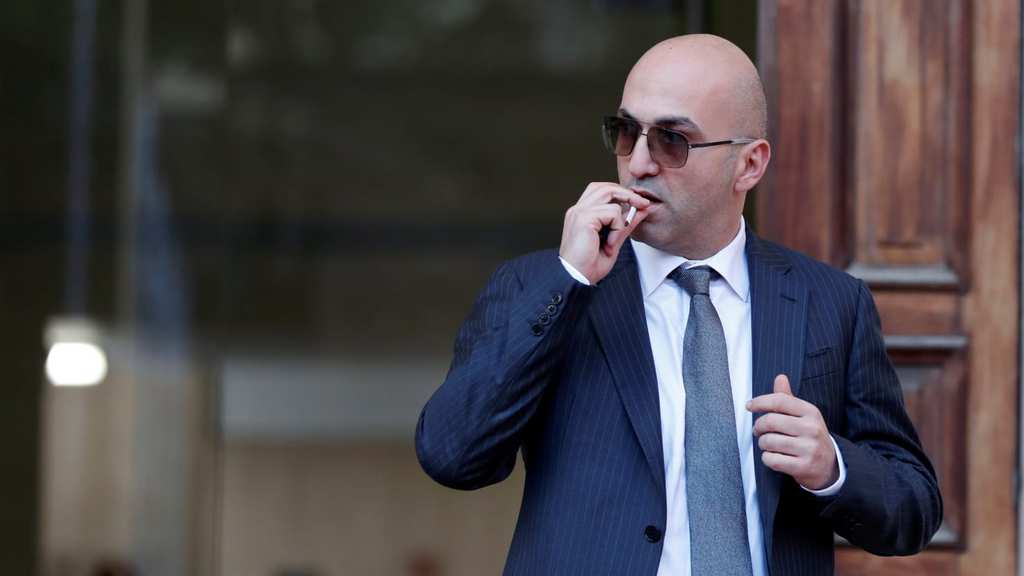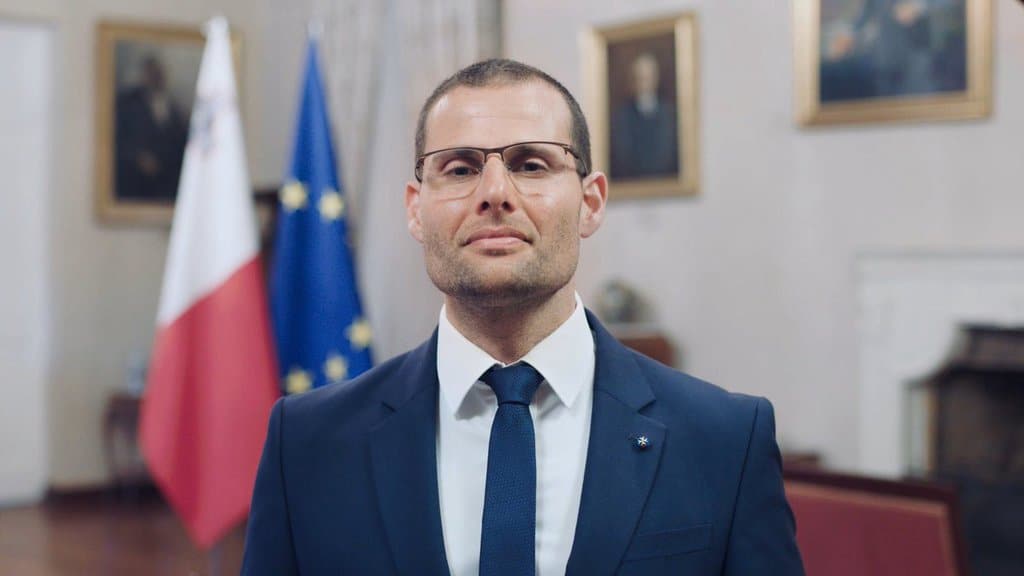
Yorgen Fenech did not make a legal move on the inquiry into the killing of Daphne Caruana Galizia. Sure, he hired lawyers to write a long letter, quoting laws left, right and centre and a lawyer to sign it with a flourish. But the letter was sent to a host of individuals, none of whom can actually do what he’s asking even if they were to agree with him.
He complained to the Council of Europe that the continuation of the inquiry breaches his human rights and asked the Strasbourg body to intervene and make it stop. Yorgen Fenech’s lawyers know better than most people that if they feel their client’s human rights have been breached, they should complain to a court, not to a political inter-parliamentary organisation.
Especially a political inter-parliamentary organisation that is as keen as the Council of Europe is to get to the bottom of how picture-perfect Malta killed a journalist and government critic.
The inquiry has been going on for over a year. Why this frantic panic to shut it down now? Why has Yorgen Fenech joined Robert Abela’s campaign to pressure the inquiry to stop gathering evidence?
I’m not in their heads but we can make some observations from that which we can all see.
The inquiry has no place determining Yorgen Fenech’s guilt or innocence. That brief belongs to the criminal process that Yorgen Fenech is undergoing and which goes on irrespective of what the inquiry does, finds, says or does not say. But the inquiry may be interested in evidence that is submitted to the pre-trial compilation process that Yorgen Fenech is facing.
Let us try to clarify this.
What does the compilation of evidence against Yorgen Fenech need to do? It needs to hear and document all the evidence that may be used against him in a trial for the charges he’s facing. Whatever else may have been collected by the investigators, however interesting and revealing, if it is not directly relevant to prove that Yorgen Fenech is an accomplice in the killing of Daphne Caruana Galizia cannot and will not be heard.
What does the Daphne Caruana Galizia inquiry need to do? It needs to hear and document all the evidence that may sustain (or refute) the hypothesis that the Maltese state may have, out of negligence or intent, failed to protect the life of Daphne Caruana Galizia and therefore have some responsibility for her death. The working structure for that idea is that the state allowed or cultivated an environment of impunity that could have allowed the people who killed Daphne to have the idea they could do it and get away with it.
In a trial against Yorgen Fenech, the prosecution would need to prove that he intended to have Daphne Caruana Galizia killed. They would no need to demonstrate what motive he may have had to have her killed, but it would be helpful if they could. The evidence heard so far compellingly suggests that Yorgen Fenech was concerned about Daphne being in a position to reveal his corrupt relationship with Keith Schembri and Konrad Mizzi and therefore spoil the Electrogas deal.
That is relevant to the Daphne Caruana Galizia inquiry but in a different way. Because to determine whether there had been a state of impunity, the inquiry does not need to, and will not, reach the conclusion that Yorgen Fenech is an accomplice in her murder. All it needs is to be satisfied that Yorgen Fenech did indeed have a corrupt relationship with Keith Schembri and Konrad Mizzi and that all three and others may have reasonably thought they could get away with their corrupt relationship with impunity.
Furthermore, evidence that may be irrelevant in the murder case against Yorgen Fenech (and cannot, therefore, be heard in the criminal proceedings against him) would be very relevant in the inquiry’s understanding of the extent of corruption and impunity that existed.
What relationship, for example, exists between politicians and bosses? Are there secret payments paid to politicians or political parties that are hidden and undocumented? Are politicians entertained with lavish gifts? It’s not just about politicians. This can be about judges, civil servants, prosecutors, police officers, regulators, journalists and media owners. Is there an obscure background network beneath the surface of this self-proclaimed democracy that essentially means that we’re in the grip of a piovra?
It is quite reasonable to expect that some of those questions can be answered in evidence that has been collected by investigators in support of the murder case against Yorgen Fenech. We’ve already heard some very chilling stuff coming out of Yorgen Fenech’s memory banks. We’ve been told bits that he wanted us to know and some, perhaps, that he didn’t.
We’ve heard of expensive wines, limited edition watches, familiar stays on a ranch, trips to hotels abroad and so on.

We’re at a point now when the interests of the various tentacles of this piovra converge. Robert Abela and Yorgen Fenech are both frantically trying to bully the inquiry into shutting down before it can consider evidence that has still not made its way to the compilation of evidence in the criminal proceedings.
Anyone following the compilation of evidence will have felt the maddening frustration with the time-playing of Yorgen Fenech’s lawyers. They have kicked that can down the street for all manner of spurious reasons, none of which help their client to get a day closer to his hoped-for, from his point of view, acquittal and definitive release.
That 15 December deadline set by Robert Abela last summer has been foremost on the mind of people who do not want the inquiry to last as long as it takes to get hold of evidence that can sustain the conclusion that the Maltese state has a responsibility in the death of Daphne Caruana Galizia.
The mafia doesn’t want you to know it’s real.